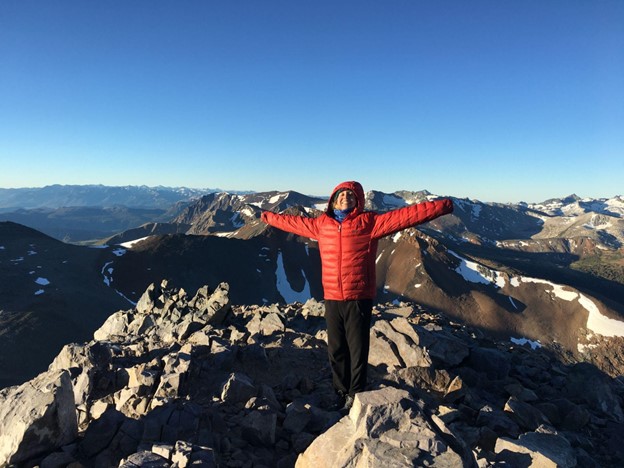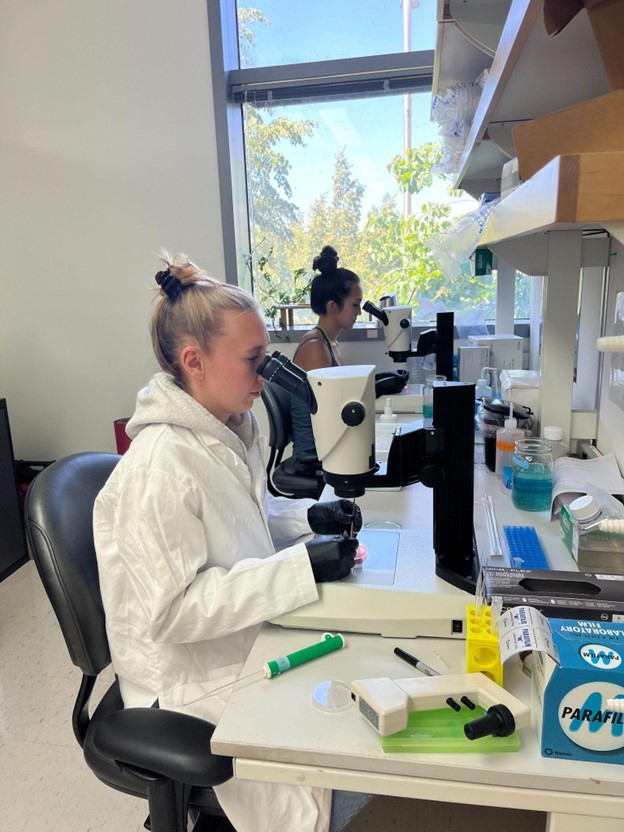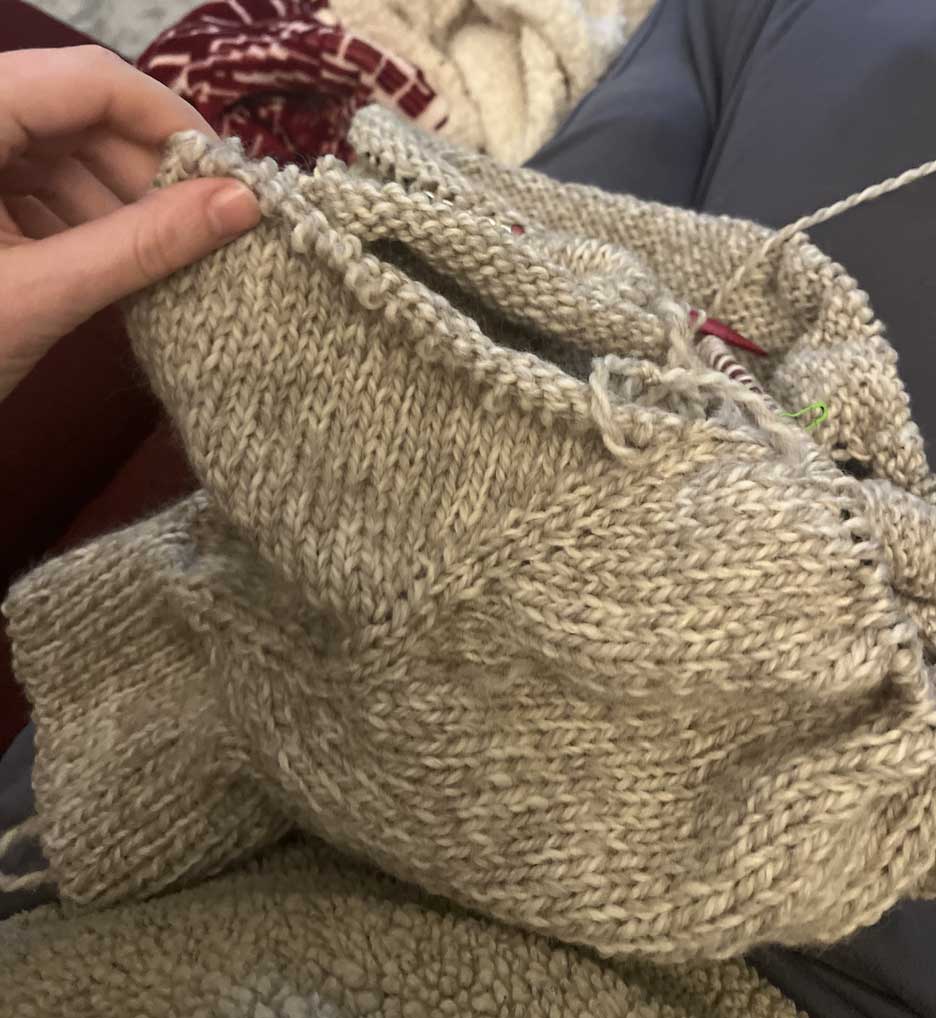
We are excited to feature University of Washington School of Medicine advanced Ph.D. student, Sydney Sattler, as the 2023 Shurl and Kay Curci Foundation fellow. Sattler is a student in the Department of Genome Sciences.

The Curci Ph.D. Fellowship provides generous funding to assist with Sydney’s tuition and living expenses in years three through five of her Ph.D. program. “The Shurl and Kay Curci Foundation supports science-based research striving for the advancement of a healthy and sustainable future for humans.” – Curci Foundation Mission
The Curci Ph.D. Fellows program was established in 2023. The University of Washington is one of only three institutions invited to nominate advanced students to apply. UW School of Medicine Ph.D. departments and programs internally nominate a single candidate and the school selection committee chooses four top candidates to apply to the fellowship. The Curci Foundation makes the final selection of students to which they award the fellowship.
Sydney wrote her application on her Ph.D. project: The evolution of a novel innate immune system in the annual killifish. She is the first—and currently only–UW recipient of the Curci Ph.D. Fellowship.
Sydney, who goes by Syd, is originally from Seattle. She grew up in West Seattle before moving to Salt Lake City, Utah, to pursue a degree in Biology at a small liberal arts college called Westminster. After receiving her undergraduate degree, Syd worked as a research associate at University of California, San Francisco in Martin Kampmann’s lab. This is where she gained the bulk of her early research experience.
Syd has always found the process of developmental biology fascinating and somewhat unfathomable. She says she likes to ponder how a single cell operates, churning out proteins to perform coordinated cellular functions like a contracting heart cell or firing neuron. But she finds it even more of a mental puzzle to zoom out and understand how a single cell gives rise to thousands of cells that must coordinate development to form a functional embryo.
Syd continuously questions how cells move and operate together to create specialized organs and regions of the embryo. Even more striking is how, more often than not, this process is highly reproducible.
“The times when development does go awry are often when we can learn the most.”

Syd is currently exploring the evolution of a novel innate immune system in the annual killifish in Phil Abitua’s lab.
The annual turquoise killifish (Nothobranchius furzeri) is an emerging model organism whose natural habitat are ephemeral ponds in southern Africa. Their harsh environment has led to a remarkably atypical form development for a fish, making the annual killifish a model organism ripe for investigation of novel cell fate trajectories.
Dr. Abitua is Syd’s mentor and the principal investigator (PI) of the Abitua lab which sits on the second floor of the UW Genome Sciences building in Seattle. He started his lab in 2021, the same year she started her Ph.D. program.
In Syd’s words: “We both took a chance on each other when I joined as his first grad student. I was drawn to his strong knowledge of developmental biology and the big ideas and big excitement that all new PIs carry.” Together, they have unboxed equipment, set up new aquariums, and welcomed new members to the lab as it grew. Here is a link to Dr. Abitua’s UW profile.
After completing her Ph.D. in Genome Sciences, Syd hopes to pursue a postdoc to further explore immune cell fate and cell state, particularly in the context of disease.
Outside the lab, Syd loves all things outdoorsy and craftsy. She is an avid backpacker in the summer and is currently knitting her first sweater!
As an undergraduate, she minored in Outdoor Education & Leadership. She has found that the interpersonal and leadership skills she gained from her undergraduate minor have strongly supported her scientific career and created opportunities to lift up the next generation of scientists.
She serves on the leadership team of the Community Organizers of Genome Sciences (COGS), as well as Genome Hackers which hosts a week-long summer camp for high school girls and gender minorities with a goal of introducing lab and computational skills.

